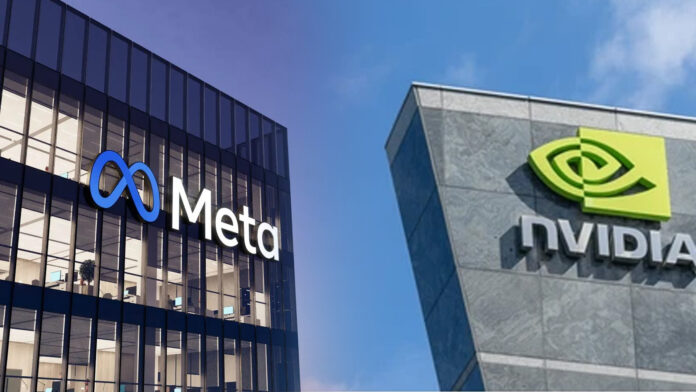The U.S. Supreme Court is set to consider bids by two tech giants Meta’s Facebook and Nvidia to fend off federal securities fraud lawsuits in separate cases that could make it harder for private litigants to hold companies to account.
After a trio of Supreme Court rulings in June that weakened federal regulators – including the Securities and Exchange Commission that polices securities fraud – the justices may now be poised to rein in the power of private plaintiffs to enforce federal rules aimed at punishing corporate misconduct.
Andrew Feller, a former SEC lawyer now in private practice, said the Supreme Court’s recent track record of handing down business-friendly decisions that narrowed the authority of federal regulators suggests that Facebook and Nvidia may similarly find “a receptive audience” before the justices.
The Supreme Court has a 6-3 conservative majority.
“I think business interests will continue their recent pattern of aggressively challenging rules intended to hold them accountable, including by challenging the remaining private rights of action,” Feller said.
A private right of action refers to the ability of a private person or group to sue for alleged harm.
Social media platform Facebook and artificial intelligence chipmaker Nvidia appealed to the Supreme Court after the San Francisco-based 9th U.S. Circuit Court of Appeals allowed separate class action securities fraud lawsuits to proceed against them.
The Supreme Court on Wednesday is due to hear arguments in Facebook’s bid to dismiss a suit accusing the company of misleading investors in violation of the Securities Exchange Act, a 1934 federal law that requires publicly traded companies to disclose their business risks.
The plaintiffs, a group of Facebook investors led by Amalgamated Bank, accused the company in a 2018 class action of withholding information from investors about a 2015 data breach involving British political consulting firm Cambridge Analytica that affected more than 30 million Facebook users.
The suit arose after Facebook’s stock fell following 2018 media reports that Cambridge Analytica had used improperly harvested Facebook user data in connection with Donald Trump’s successful presidential campaign in 2016. The suit seeks unspecified monetary damages in part to recoup the lost value of the Facebook stock held by the investors.




